Every day we use electricity and water, we throw away garbage and use cars. We do this without thinking about where the waste from our house goes, and we treat electricity in our socket and water in our tap as something completely natural and inexhaustible. However, more and more often we observe weather anomalies, climate change and constantly rising average annual temperature in each climate zone, as well as growing air pollution in cities. It is time for us to understand that the quality of the environment in our immediate surroundings, the health and future of our children, and the fate of the Earth depends on our everyday behaviour. Being "eco" is not difficult at all. A few basic rules are enough to take care of the environment.
Soon, in most homes, feverish preparations for Christmas will begin. Mixers and ovens will be in action, and parking lots outside grocery stores will run out of space. Busy with preparations, we don't think about the environmental impact of our electricity consumption, water use and car trips for every forgotten product. However, it is enough to implement a few simple, ecological behaviours in your home to make the whole family a friend of nature, not only on holidays.
1. save electricity
Every day a lot of precious energy is lost irretrievably. That is why it is worthwhile to develop the habit of switching off lights in rooms we will not return to for a longer period of time, replace incandescent light bulbs with energy-saving ones, buy household appliances of high energy-saving class (preferably class A+++), remove unused phone and laptop chargers from sockets, as well as switch off unnecessarily playing TV or radio.
It is also a good idea to switch off the TV, radio or computer at night and during our absence from home. By implementing these basic rules we are able to generate real savings, both in natural resources and in our wallets. Let's remember that in an average house about 20% of electricity costs are consumed by devices left in the "stand-by mode"[1].
2 Water is worth its weight in gold
Experts are raising the alarm that in a few dozen years water will be the most precious natural resource on Earth, and access to it will become very limited. So what can we do to delay this process as much as possible so that our children and grandchildren do not face the problem of access to clean drinking water?
All we have to do is turn off the tap when shaving or brushing our teeth, choose showers more often than baths, and the water savings both nationally and globally will be huge. If possible, use the economical flush option in the toilet, because one flush is equivalent to 7 to 10 litres of water!
3. ecological cooking
We waste a lot of precious energy in the kitchen. Especially during holidays, when we cook much more than usual. So before you start cooking, start by choosing the right pot. If its diameter is close to the size of the burner, the flame will cover the entire bottom of the pot, and the dish will be cooked faster and with less energy loss. The same applies to electric and induction hobs, where you should also pay attention to the energy class. The dish will also cook faster if you use a lid and only add salt at the end. Whenever possible, use two oven levels at the same time to cook two dishes at the same time, and use cooking appliances that allow this (e.g. steamers).
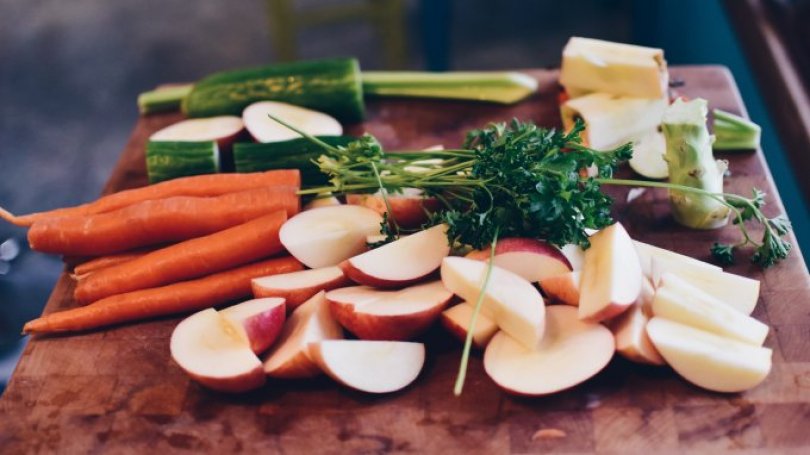
4. separate waste
We keep hearing that our planet is getting more and more littered, but we don't always remember that the process of sorting waste starts at home. So let's make sure that plastic, glass, metal and waste paper are thrown into special containers. Thanks to this, they will go to a place where they can be recycled, because even 700 aluminium cans can make a bicycle! If you additionally crush plastic bottles or cardboard boxes before throwing them in the garbage, they will take up less space and more of them will fit into the container. Packaging made from several materials (e.g. a juice carton) should be placed in the plastic bin. Other rubbish, which cannot be sorted, should be put in the bin for mixed waste.
5. warm, warmer, too warm
The temperature outside is freezing so we like to use the benefit of radiators. However, if we want to heat our flat effectively, we should make sure that radiators are not covered, because then, the radiator gives much less heat, but the energy consumption needed to heat the room increases. It is better and more economical to uncover the radiator and set it at a lower value. It is necessary to switch off radiators in unused rooms and also during a longer absence. It is also worth properly sealing windows and doors, which will prevent heat loss. Remember - overheated rooms mean unnecessary use of precious water and energy, what's more, such an environment is not good for your health.
6. give waste a second life
Many items, if you look at them carefully, can be used again. A plastic bottle of your favourite juice, for example, can be used to water your flowers, or an ice-cream container can be used to freeze excess food that you have prepared for the holidays. Reusing plastic bags is also a great help for the environment. One plastic bag takes 400 years to decompose! Not sure what to use? It's a good idea to encourage children to play with inventing new uses for things, as they are usually full of unconventional ideas.
7. walk ecologically and healthily.
Plan your holiday shopping wisely. Each trip by car to the store is a waste of petrol, money and other harmful substances released into the air. So before going to the store, prepare a shopping list, using the recipes for particular dishes. If you happen to forget something, it's better to go to a local shop. It will be healthier for the environment and for us.
Source:newsrm.tv

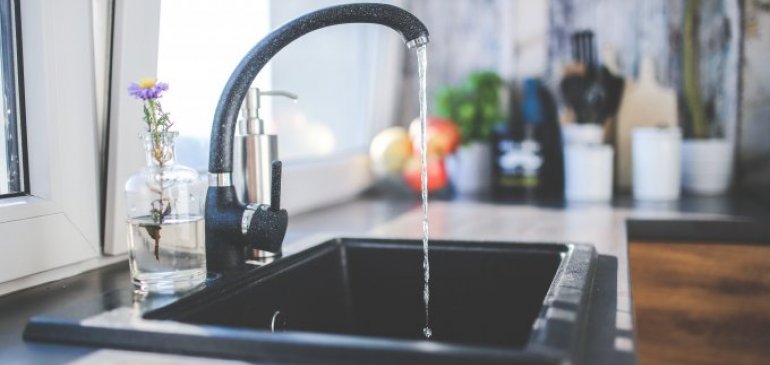
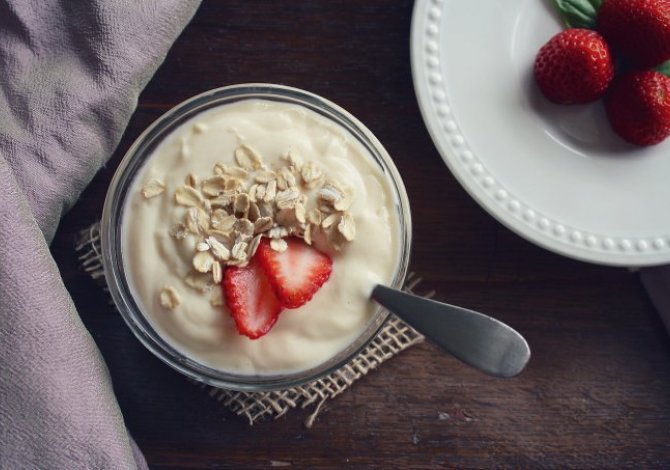
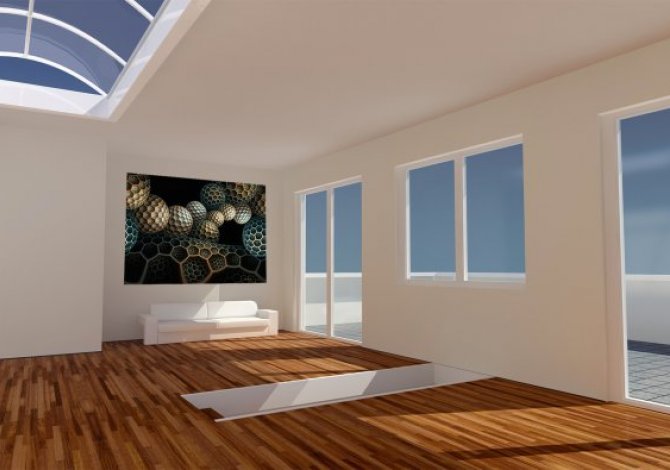
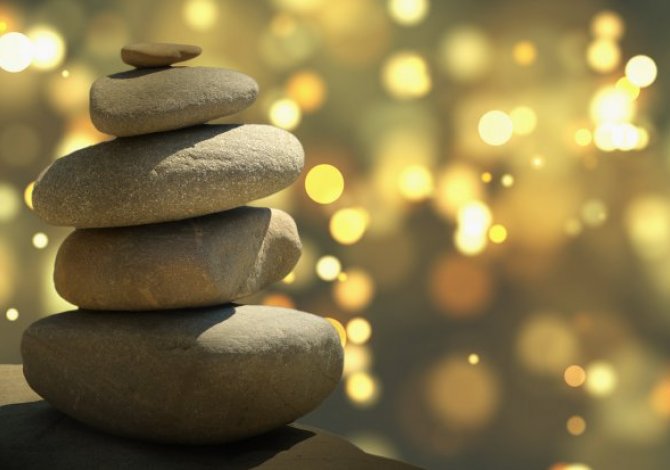








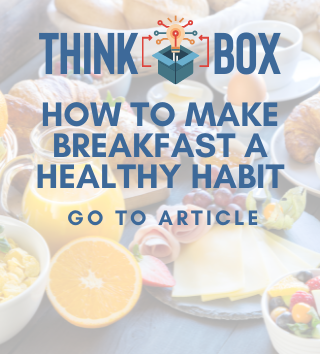

Comments (0)